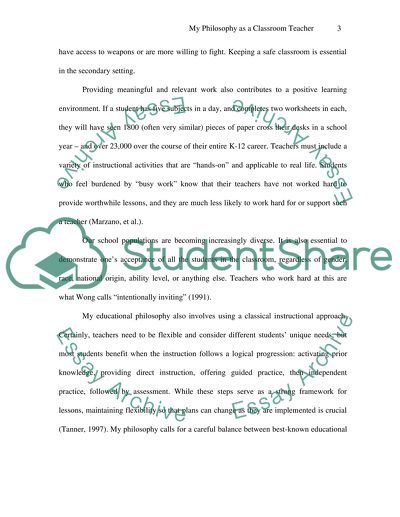Cite this document
(“Educational Philosophy Essay Example | Topics and Well Written Essays - 1500 words”, n.d.)
Retrieved from https://studentshare.org/miscellaneous/1510634-educational-philosophy
Retrieved from https://studentshare.org/miscellaneous/1510634-educational-philosophy
(Educational Philosophy Essay Example | Topics and Well Written Essays - 1500 Words)
https://studentshare.org/miscellaneous/1510634-educational-philosophy.
https://studentshare.org/miscellaneous/1510634-educational-philosophy.
“Educational Philosophy Essay Example | Topics and Well Written Essays - 1500 Words”, n.d. https://studentshare.org/miscellaneous/1510634-educational-philosophy.


